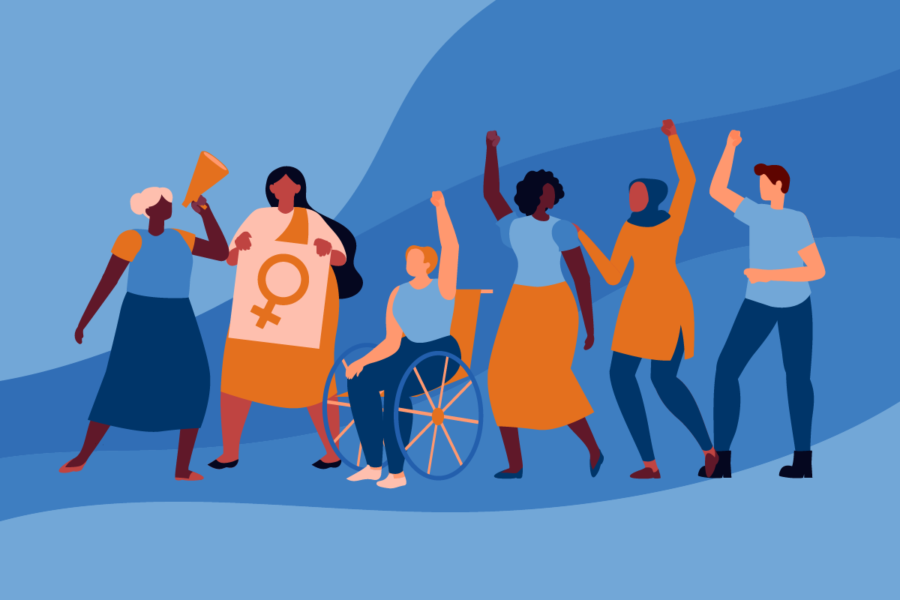Today (25 November) we acknowledge International Day to Eliminate Violence Against Women to highlight the prevalence of gender-based violence (GBV) and its impact on climate action.
The climate crisis is one of the greatest challenges of our time. It threatens economic, environmental, and social security. For women, girls and gender-diverse people, the crisis is even greater.
A new Australian and UK co-authored report, launched at the recent UN climate summit, illuminates the harsh reality women around the world are facing.
Approximately one in three women are subjected to violence. This can cause mental health issues, homelessness and educational disadvantages, and these effects become obstacles for women’s livelihoods, restricting their human rights.
Climate change is compounding the risks to women. Women are exposed to increased risks of violence due to family displacement, economic stress, and social tensions. Rising temperatures and climate-induced disasters are heightening these factors.
For example, a recent study of three South Asian countries showed an association between a 1°C increase in average annual temperatures with a 4.5% rise in patterns of physical and sexual domestic violence. In Fiji, there was a rise in non-partner sexual violence after the 2013 floods the country experienced, particularly against unaccompanied women.
Gender-based violence is also used to intimidates and silence environmental and human rights activists and prevent women’s decision-making power, excluding female climate experts from the climate effort.
Over half of women in science and academia have reported experiencing sexual harassment. Meanwhile only 50% of female climate and environmental activists feel comfortable speaking out about their activism for fear of being trolled or worse. This creates barriers for women to join the climate effort and prohibits women’s voices and experiences from being heard.
Having worked across the Global South, in Pakistan, India, Malaysia, New Zealand, Samoa, and now Australia, and having visited other Pacific Island nations, and as Vice Chair of the Women of the Future programme, I have had the opportunity to connect with women of diverse cultures, backgrounds and demographics. This has given me an understanding of the contrasting realities women experience around the world but a common theme within societies is that of violence against women. It is a universal challenge.
The UK Government is stepping up our ambition to end gender-based violence, with our efforts around the world showing our targeted programmes are achieving 50% reductions in violence in less than three years. We are now investing up to £67.5 million in phase II of our What Works to Prevent Violence Programme to prevent violence against women and girls worldwide.
Through our Community Resilience Partnership Programme (CRPP), we are empowering local communities and grassroots women’s groups in Asia and the Pacific to challenge gender inequalities and adapt to the impacts of climate change.
However, further progress is needed. We must address gender-based violence through climate action and increase the participation of women in climate programmes – because only by combining our diverse expertise and perspectives will we be able to combat the climate crisis.

